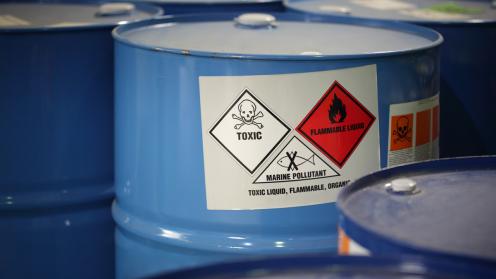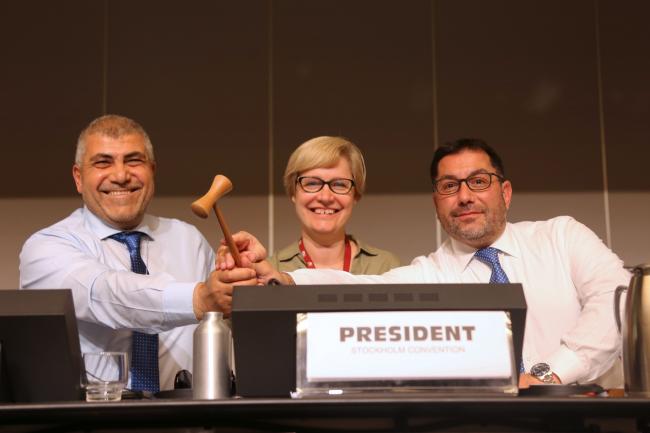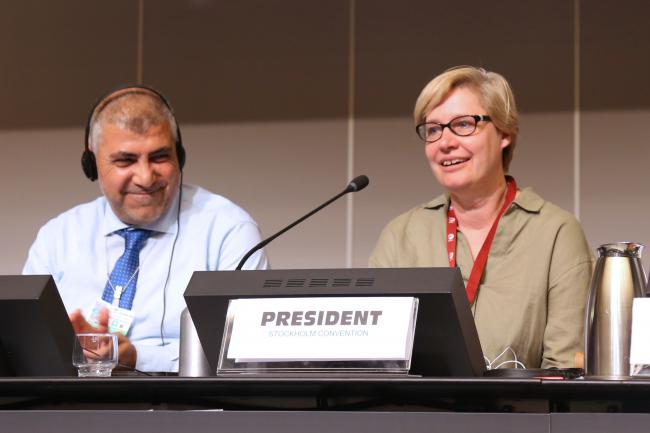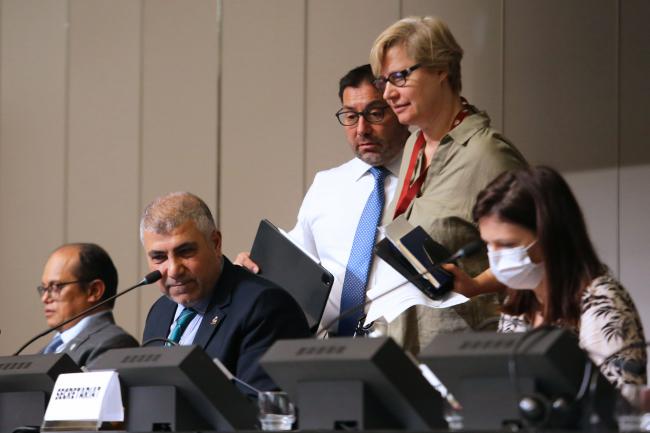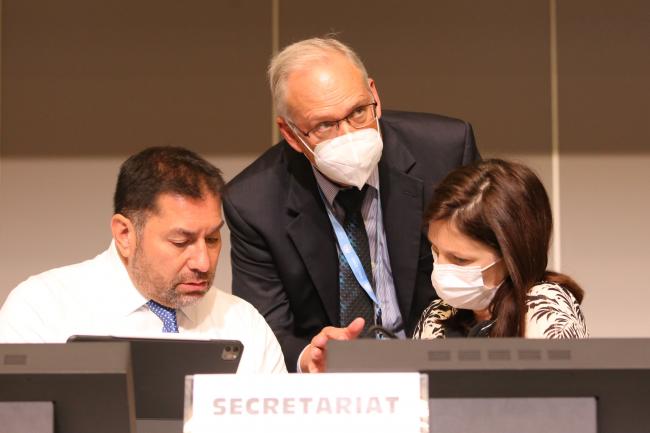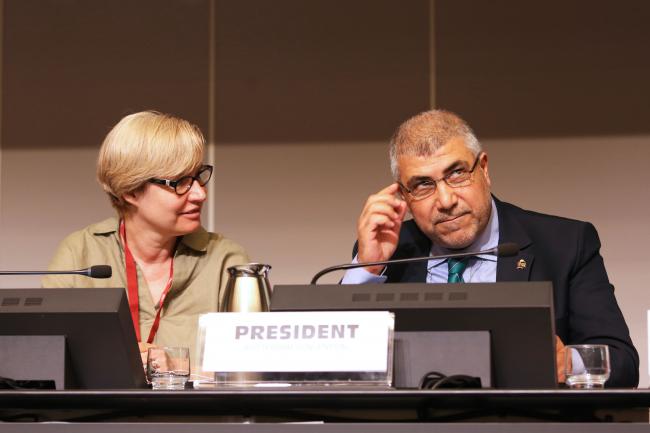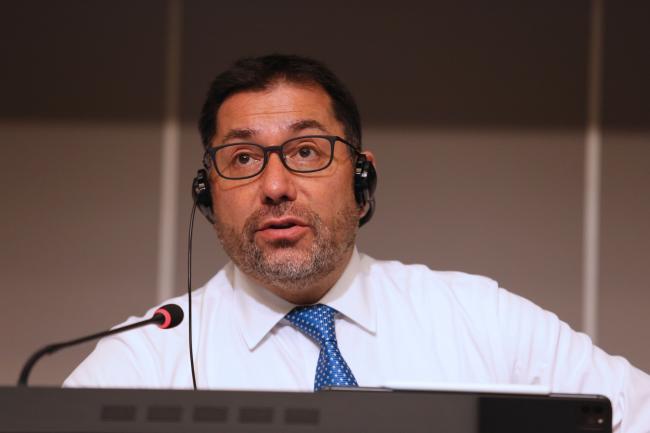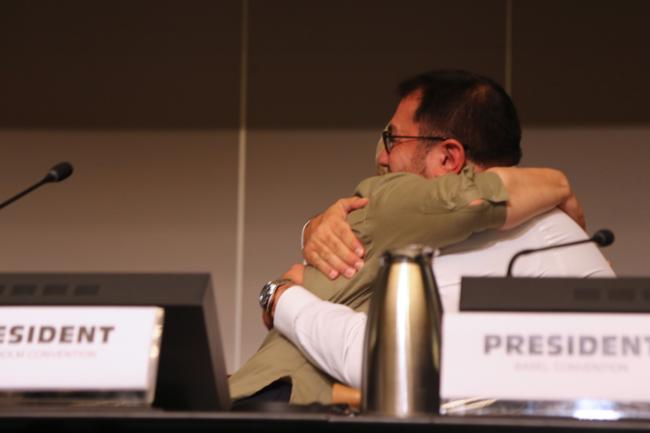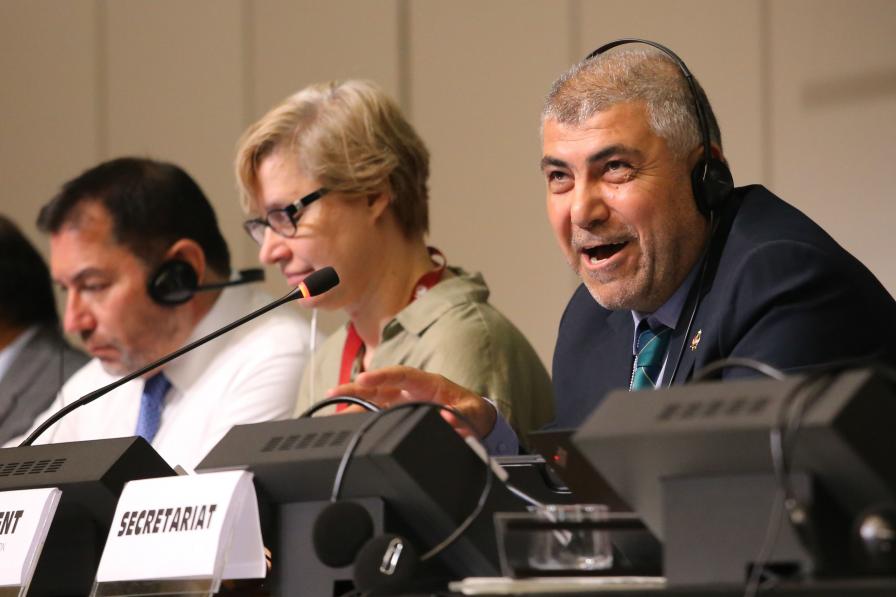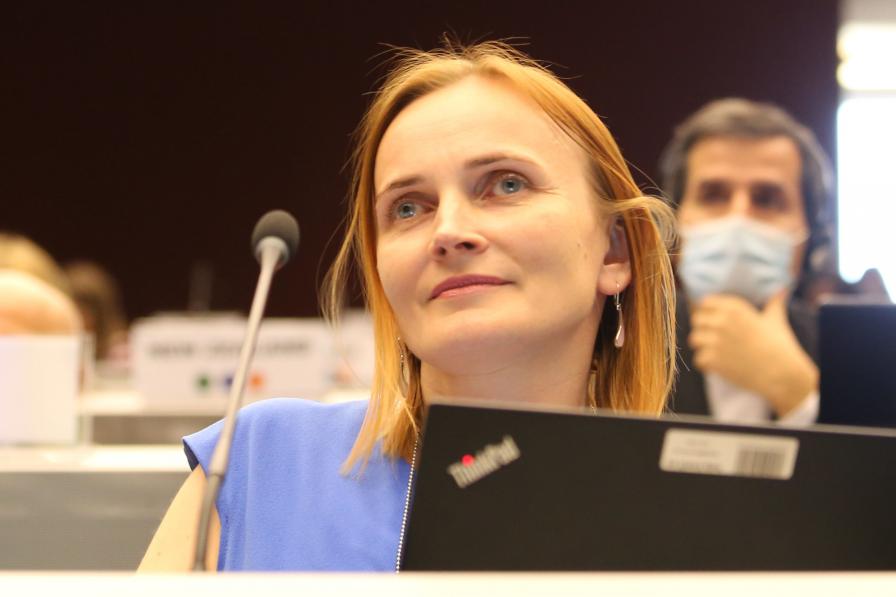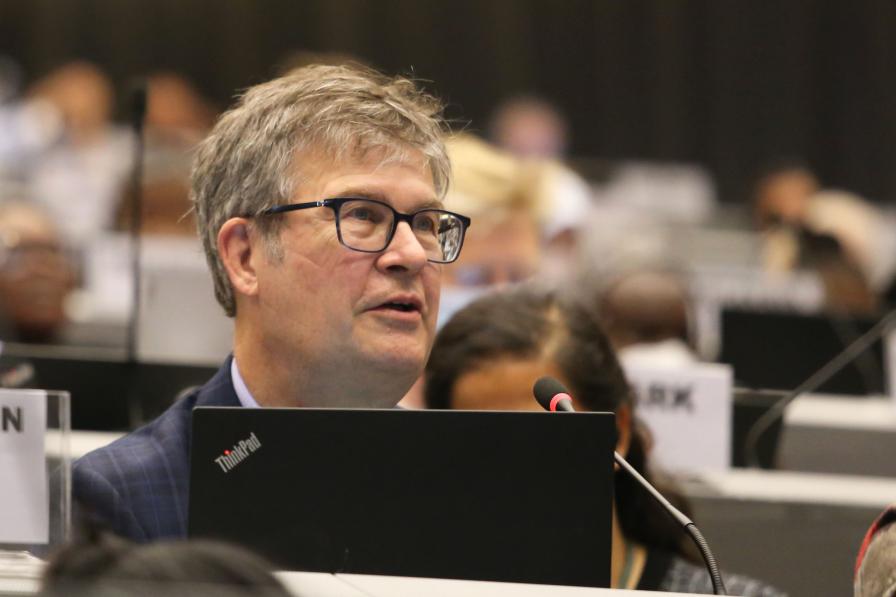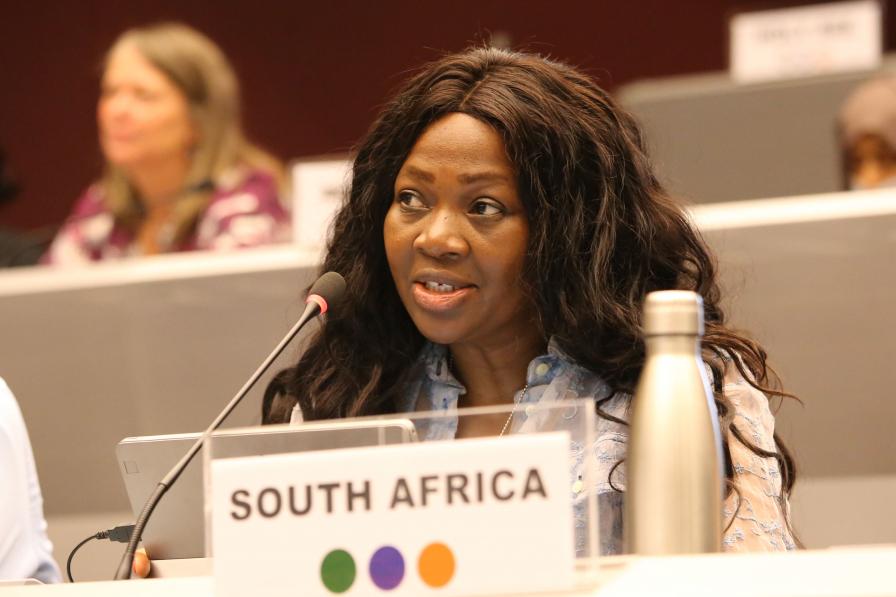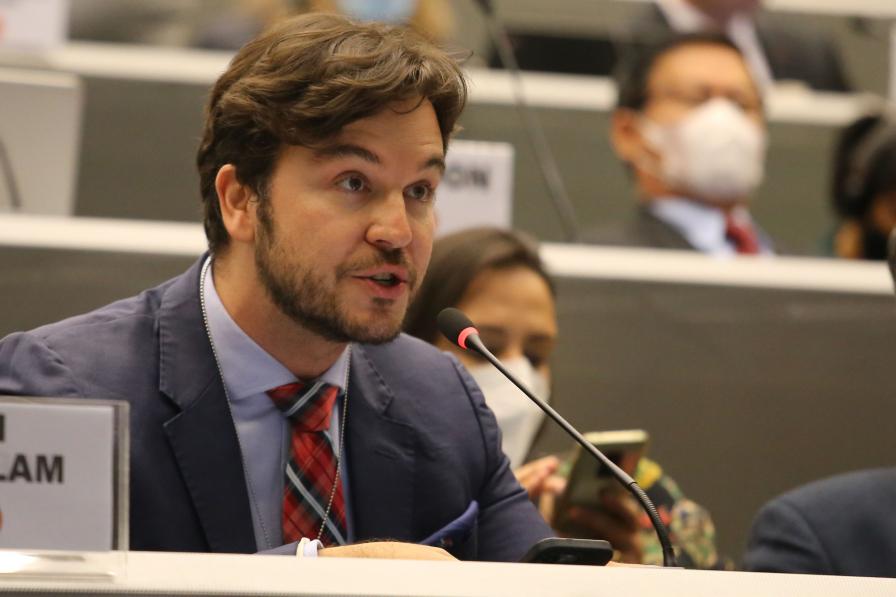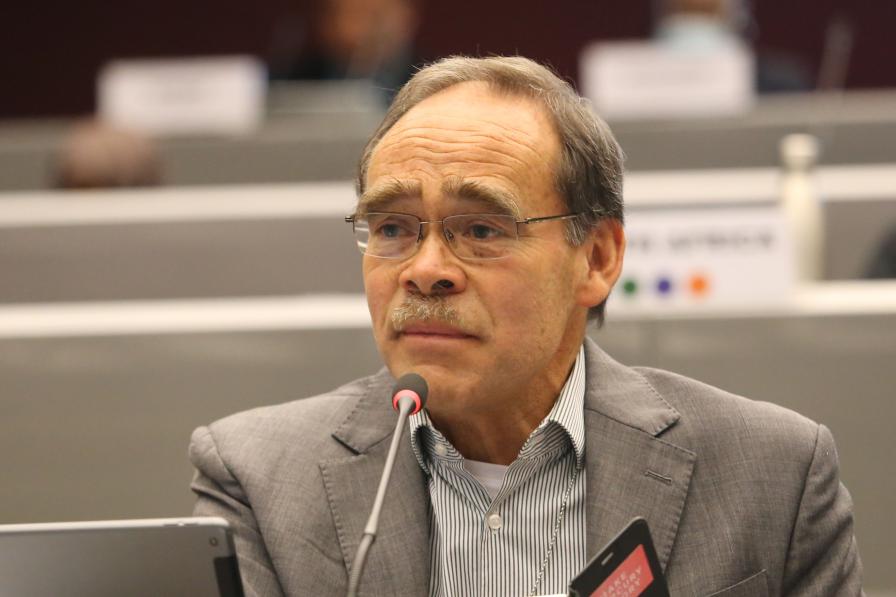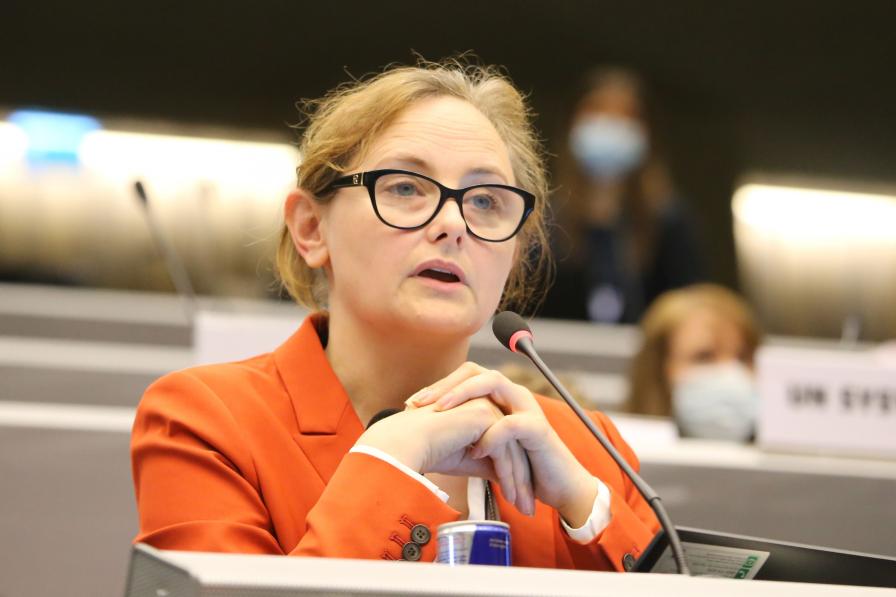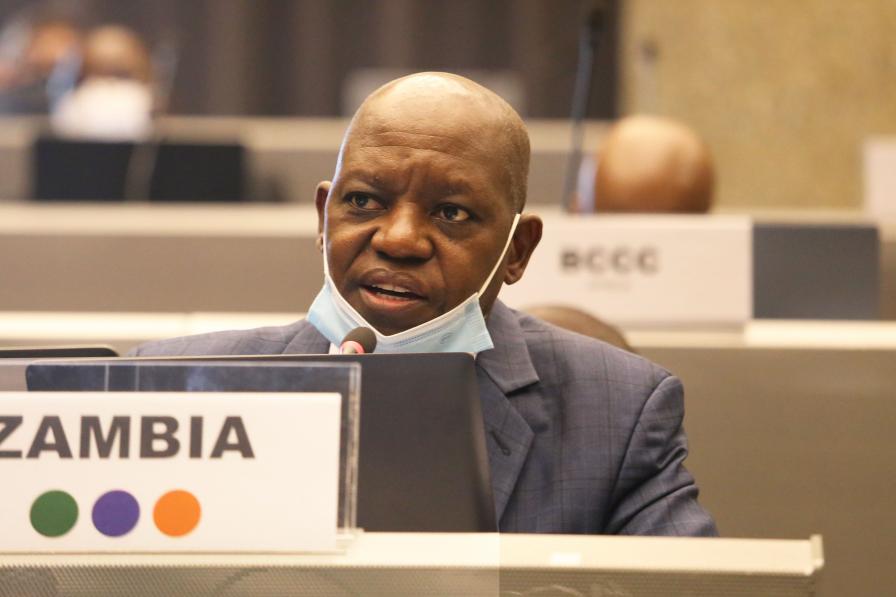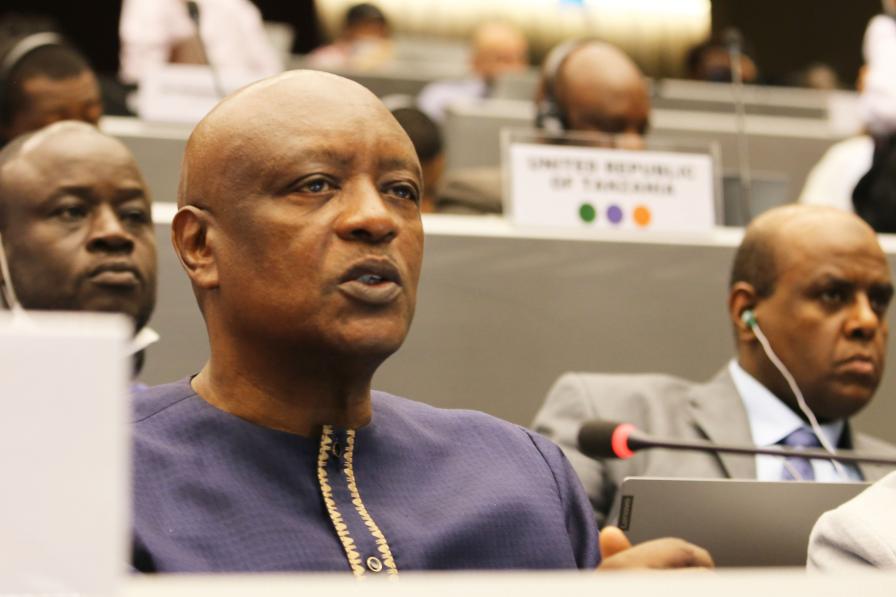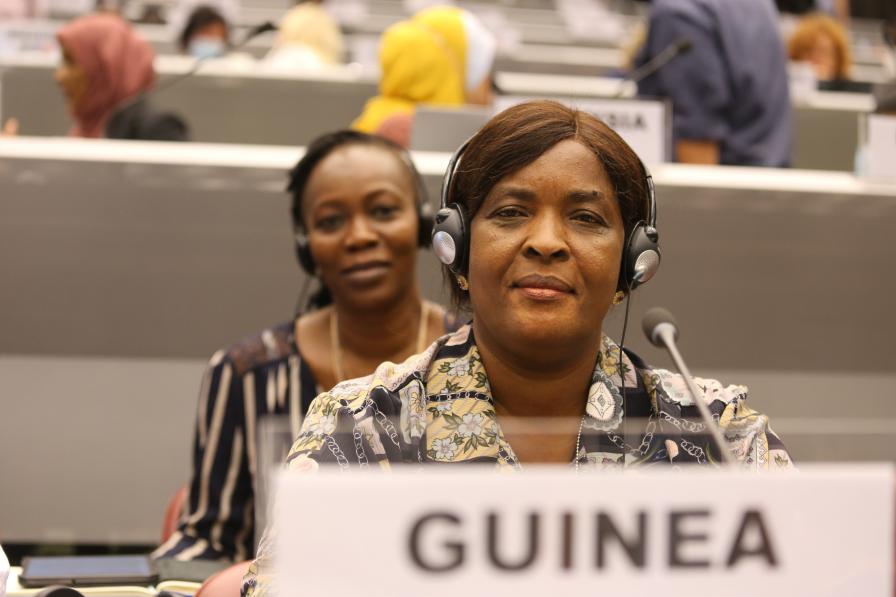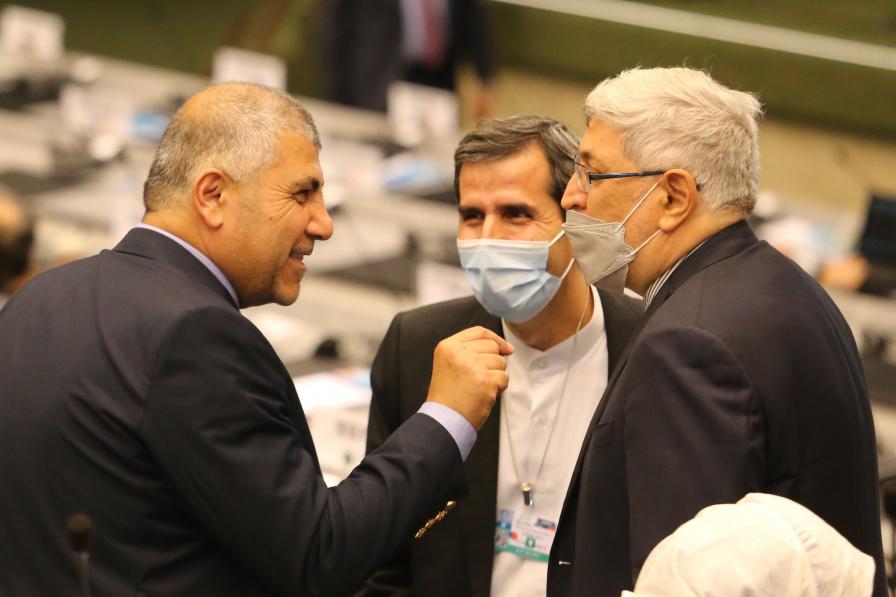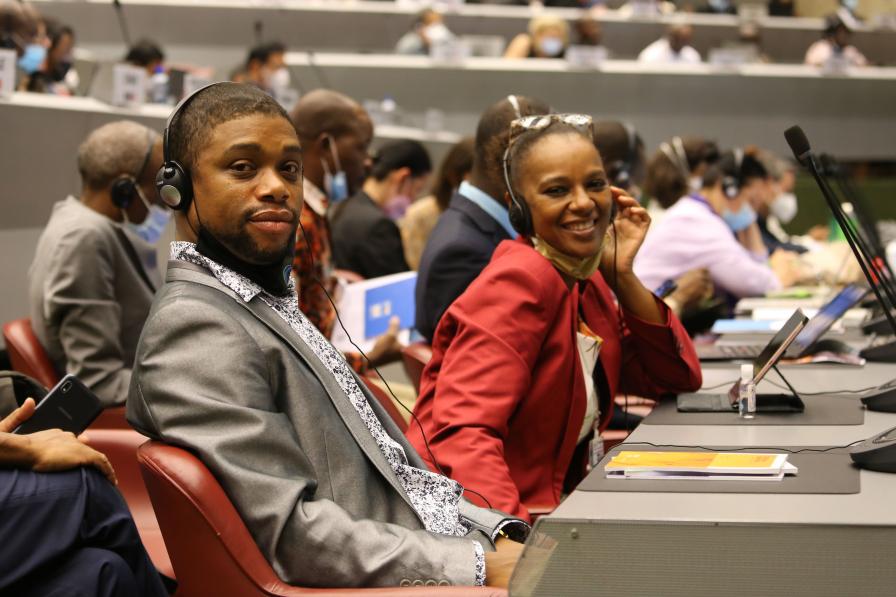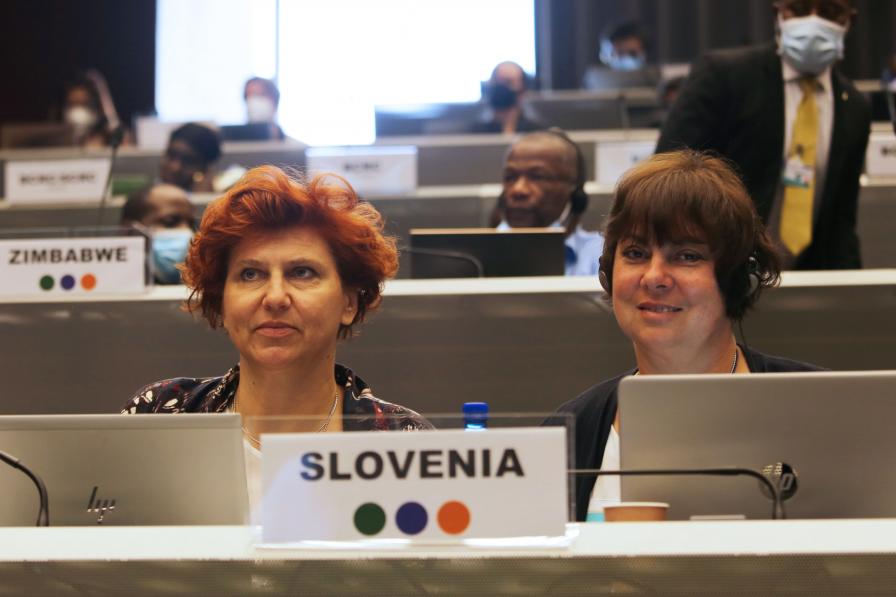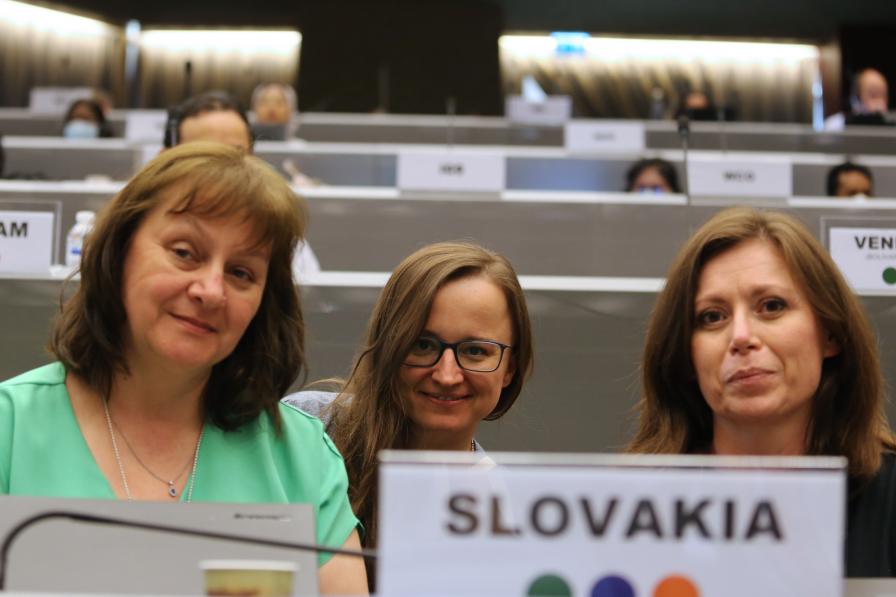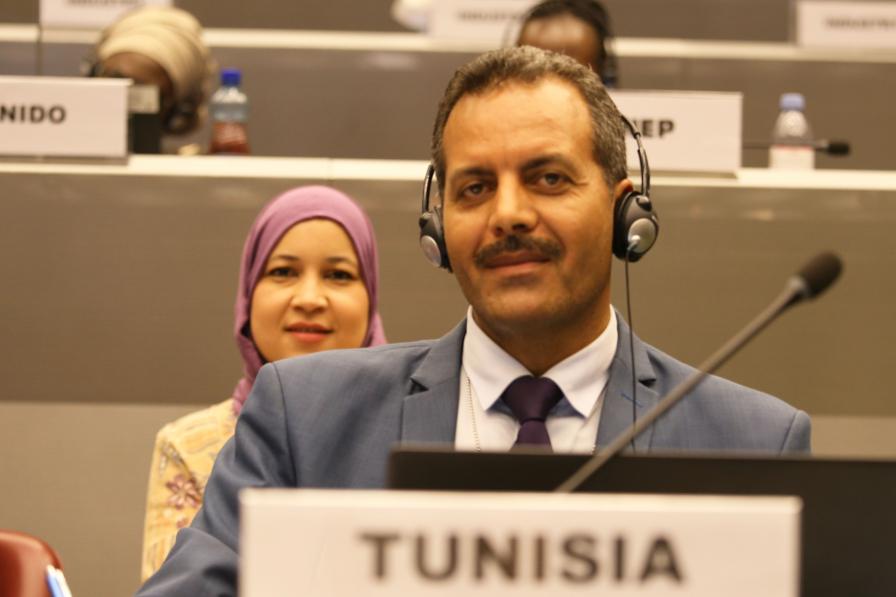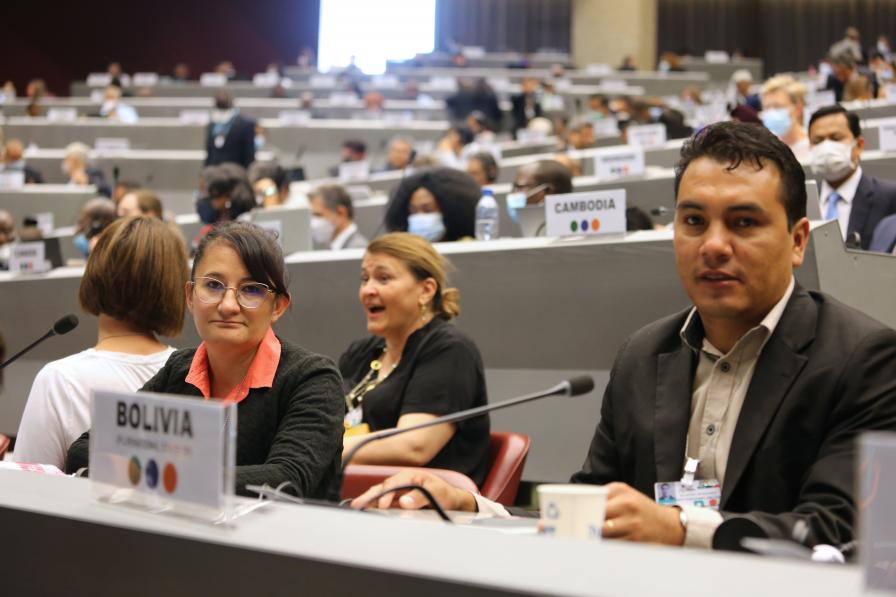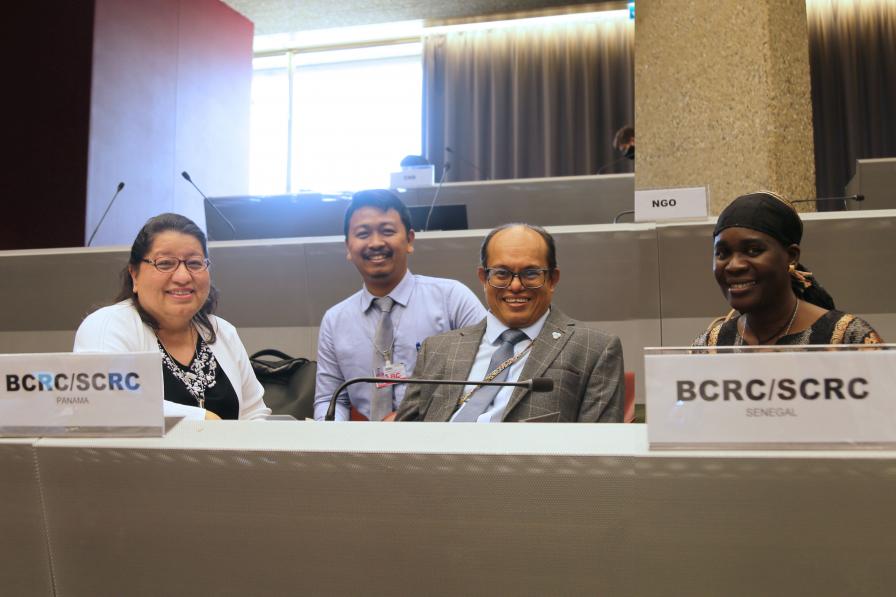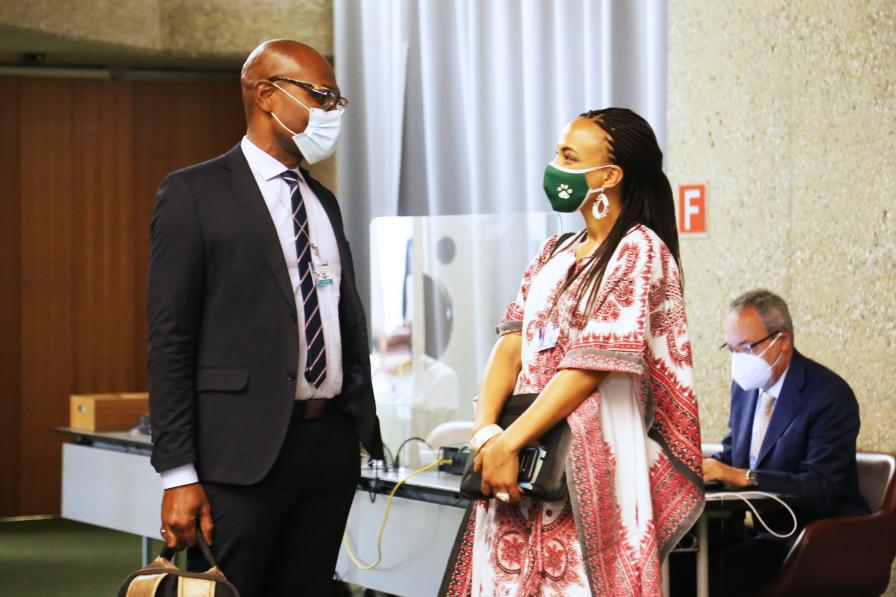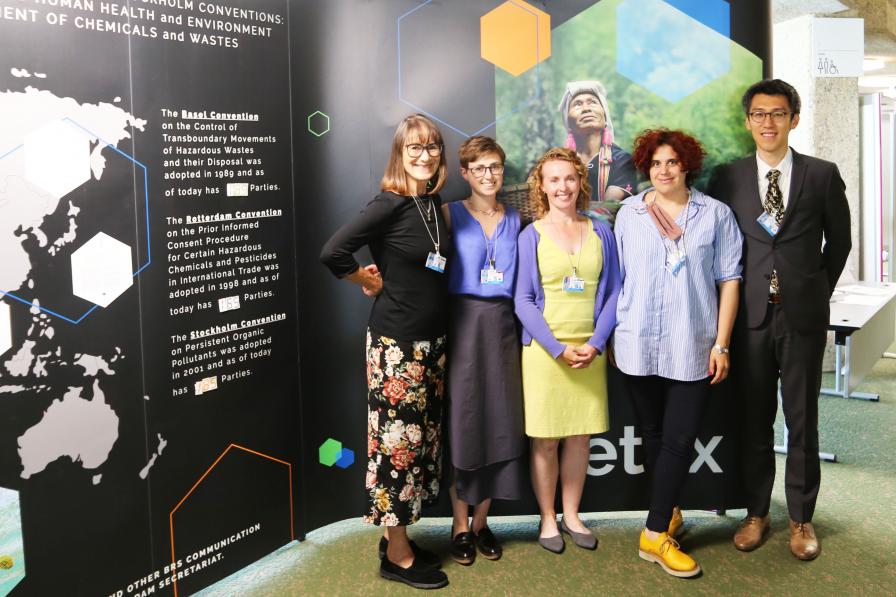Even on a sunny day, delegates lingered at the end of the TripleCOP, to celebrate what many viewed as a successful meeting. The final decisions represented hard-won compromises. This is often the case in multilateral negotiations. “Stickier” issues need more time and discussions to become unstuck.
Many delegates lauded the Basel Convention’s (BC) decision to make all e-waste subject to its prior informed consent procedure. This vast, and fast-growing, waste stream is now fully under the controls of the Convention. Developing countries will have more information about the shipments into their countries. And, crucially, they will need to provide their consent for these shipments to be imported. It is a decision that could empower developing countries to manage wastes that can endanger human health and the environment. Some hoped that decisions to mandate further work on illegal trafficking could help to additionally curb a stream of unwanted wastes polluting many developing countries.
Other highlights of the COP included the Stockholm Convention (SC) listing perfluorohexane sulfonic acid (PFHxS), which is used in stain-resistant fabrics, fire-fighting foams, and food packaging, among other uses. This decision will eliminate the production and use of PFHxS, due to its significant adverse health and environmental effects, and capacity for long-range environmental transport. Parties agreed that global action is warranted.
The Rotterdam Convention (RC) agreed to list two chemicals to its Annex III, which means that trade in these chemicals will need to have the prior informed consent of importing countries. Like the BC, the RC is about prior informed consent. However, for five other chemicals, a small number of countries argued that listing in the RC constitutes a “de facto ban.” They blocked the listing of these chemicals, despite the fact that the COP has agreed that the criteria for listing are met.
The end of the meeting is also a chance for participants - both parties and observers - to reflect on what’s to come. The next TripleCOP, to be hosted in the Bahamas, will feature a heavy chemicals agenda for the SC and continued work on plastics and e-waste under the BC (as well as several other wastes, notably batteries). In the interim, many participants expect conversations on how to move forward under the RC and improve its effectiveness. Some observers hope to see fresh ideas when countries next come together to help protect human health and the environment from hazardous chemicals and waste.
To receive free coverage of global environmental events delivered to your inbox, subscribe to the ENB Update newsletter.
All ENB photos are free to use with attribution. For photos please use: Photo by IISD/ENB | Angeles Estrada Vigil
